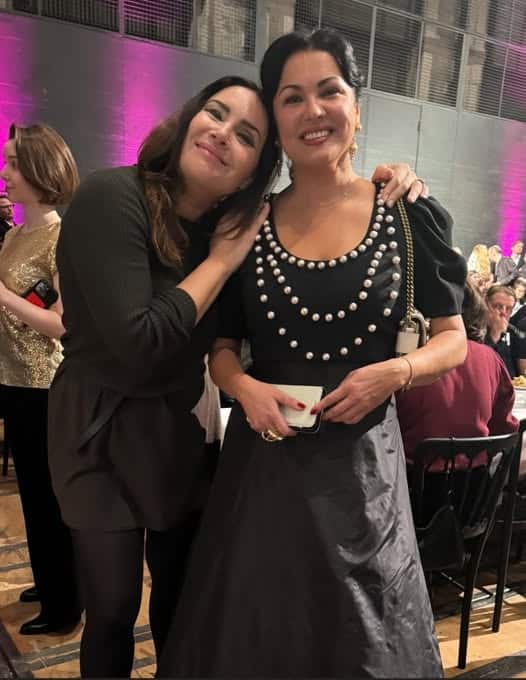Harsh reception for Nathalie Stutzmann in Atlanta
OrchestrasThe French conductor got a rude awakening at her season opener from Atlanta critic Mark Gresham:
In Mahler’s first symphony, he writes, ‘we got a performance that was mostly serviceable, but not did not rise to an occasion of greatness. The opening movement should be a continuously unfolding journey with fresh sonic perspectives around every bend in the road, but often it felt like it did not go anywhere in terms of forward motion or architectural development. Lead-ups to climaxes, in both this and the final movement, didn’t seem to grow at a pace to reach their goals in time, but seemed to disjunctively leap into them at the last moment.’
There’s more, much more, here.






Comments